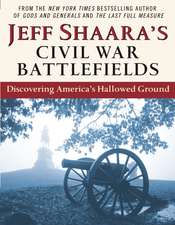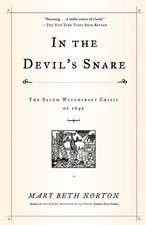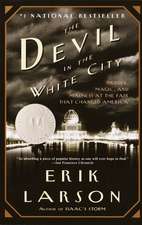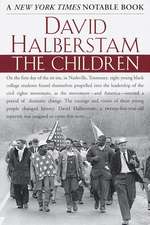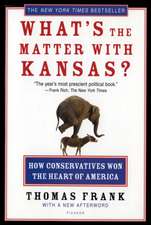Causes and Conflicts – The Centennial History of the Association of the Bar of NYC
Autor George Martinen Limba Engleză Hardback – 31 dec 1996
Preț: 498.60 lei
Nou
Puncte Express: 748
Preț estimativ în valută:
95.44€ • 103.70$ • 80.22£
95.44€ • 103.70$ • 80.22£
Carte tipărită la comandă
Livrare economică 21 aprilie-05 mai
Preluare comenzi: 021 569.72.76
Specificații
ISBN-13: 9780823217359
ISBN-10: 0823217353
Pagini: 436
Dimensiuni: 159 x 235 x 15 mm
Greutate: 0.89 kg
Ediția:Revised
Editura: Wiley
ISBN-10: 0823217353
Pagini: 436
Dimensiuni: 159 x 235 x 15 mm
Greutate: 0.89 kg
Ediția:Revised
Editura: Wiley
Notă biografică
Recenzii
aAn illuminating story of what lawyers in New York City have done (and in some cases have not done) in the never-ending struggle to make justice available in the nationas biggest crowded city.a
Textul de pe ultima copertă
More than a century ago, in February 1870, over two hundred leading lawyers met in a schoolroom on Fifth Avenue and Twenty-Sixth Street to organize The Association of the Bar of the City of New York. They were hot with reform and with the sting of professional shame. Boss Tweed and his cronies not only were robbing the city's treasury, but, worse, were corrupting the courts and the judges. Boss Tweed and his gang were routed, but not without a long struggle and the help of many others in the city. Since that historical victory, the Association has taken up other "causes and conflicts", sometimes with success, sometimes failing, but continuing a wide variety of activities with unabated zeal. George Martin, a member of the bar and a recognized historian of wide interests, tells of these struggles in a book that is a fine piece of writing - urbane, graceful, humorous. But this is more than an excellent institutional history. It is also an exciting history of robust and sometimes turbulent times: Commodore Vanderbilt's attempt to steal the Erie Railroad; the presidential election which Hayes filched from Tilden, one of the founders of the Association; the losing fight against Boss Croker; the famous "March on Albany" led by Charles Evans Hughes in defense of the Socialist members of the legislature; the investigation by Judge Samuel Seabury (another president of the Association) of Jimmy Walker; the defeat of the "Bricker" amendment; Harrison Tweed's struggle for the reorganization of the courts; efforts to balance security and freedom in Joseph McCarthy's era; the establishment of legal aid for the indigent.




